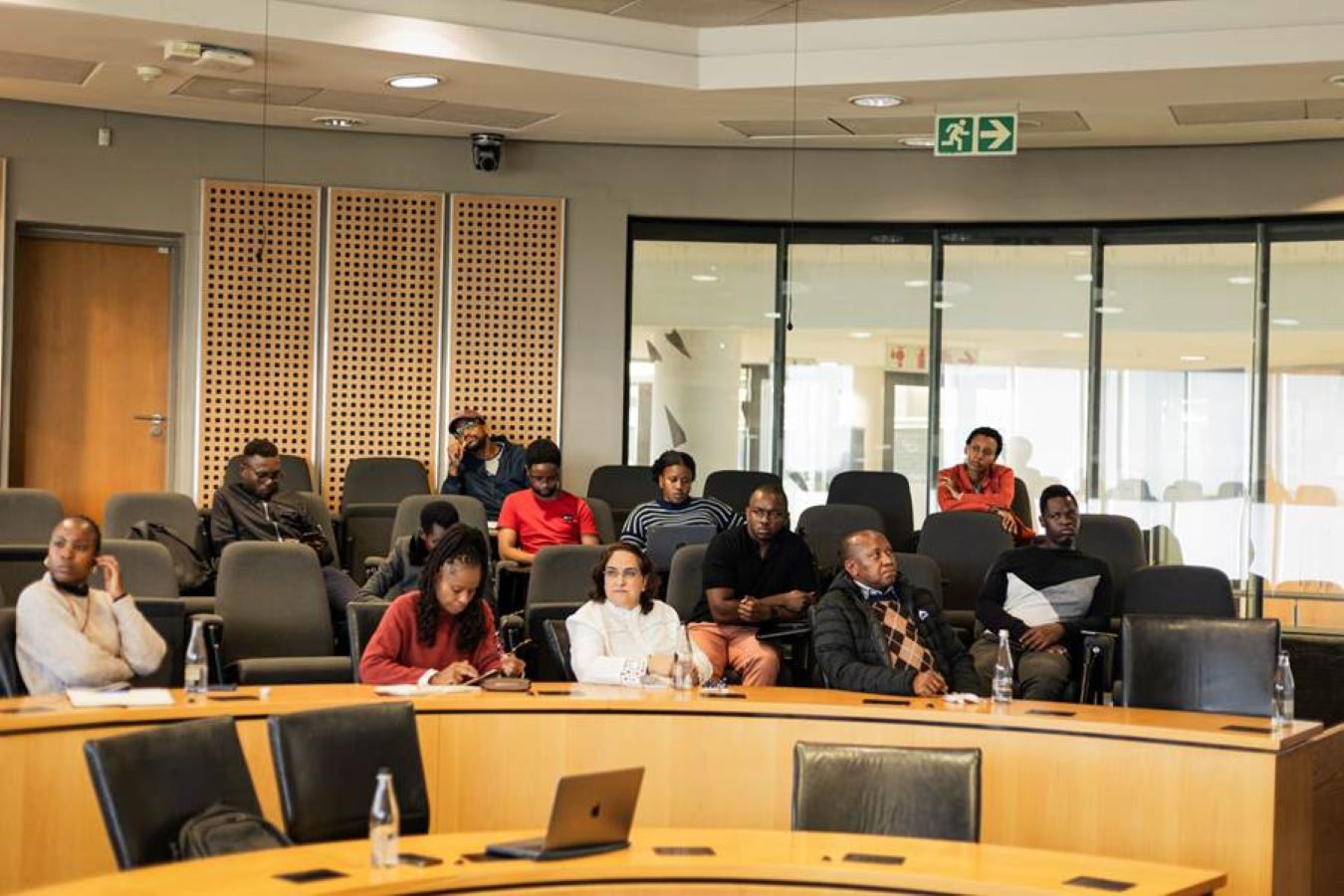The University of Johannesburg (UJ) recently hosted a groundbreaking two-day Black Archive workshop that brought together leading academics from Rhodes University, the University of the Western Cape (UWC), Stellenbosch University (SUN), the University of the Witwatersrand (Wits), the University of Pretoria (UP), and UJ itself.

The workshop aimed to critically engage with the concept of the Black Archive and its relevance across multiple disciplines, including philosophy, jurisprudence, historiography, literature, and dramatology.
Designed as a space for collaborative scholarship, the workshop’s central purpose was to develop full chapters for a forthcoming multidisciplinary anthology. This anthology seeks to imagine new possibilities for knowledge production in the human sciences by drawing on the rich and often overlooked epistemologies within the Black Archive. Participants examined how their individual disciplinary contributions could cohere into a unified and meaningful body of work, emphasising collective articulation alongside individual rigour.

A public lecture held on 5 May served as a key moment within the broader project. It sought to position the Black Archive within ongoing institutional and national debates on decolonisation and reform in higher education. The lecture was delivered by the project lead, Prof S.H. Kumalo, and featured a critical response from Prof Tshepo Madlingozi of the South African Human Rights Commission, a long-time contributor to the project since 2022. Their dialogue offered a compelling and accessible articulation of the aims and complexities of the Black Archive to a wider public audience.
The workshop also created a rich environment for reflection and learning among contributors. Dr Katlego Chale (UWC) remarked:
“The weekend was a masterclass for me in what it means to commit—with epistemic virtue—to the vocation of intellectualism. It showed me how to move with critical patience without losing a sense of urgency, and how to show up for your ideas amidst incisive contestation.”
Echoing this, Dr Gama (Rhodes) highlighted the workshop’s role in fostering innovation and enabling the development of new methodological approaches in the humanities.
The public engagement extended beyond the event itself. Ayanda Sphelele Ndlovu, a viewer of the lecture’s YouTube recording, shared:
“Prof S.H. Kumalo, thank you so much for that moving lecture you gave. I watched it twice and got different answers and interesting points to think about. Please continue to share more—I am very interested in the subject of the ‘Black Archive.’”
This combination of scholarly rigour, public engagement, and collaborative imagination underscores the transformative potential of the Black Archive. As this project continues to unfold, it promises to reshape disciplinary boundaries and contribute meaningfully to the future of the human sciences in South Africa and beyond.



